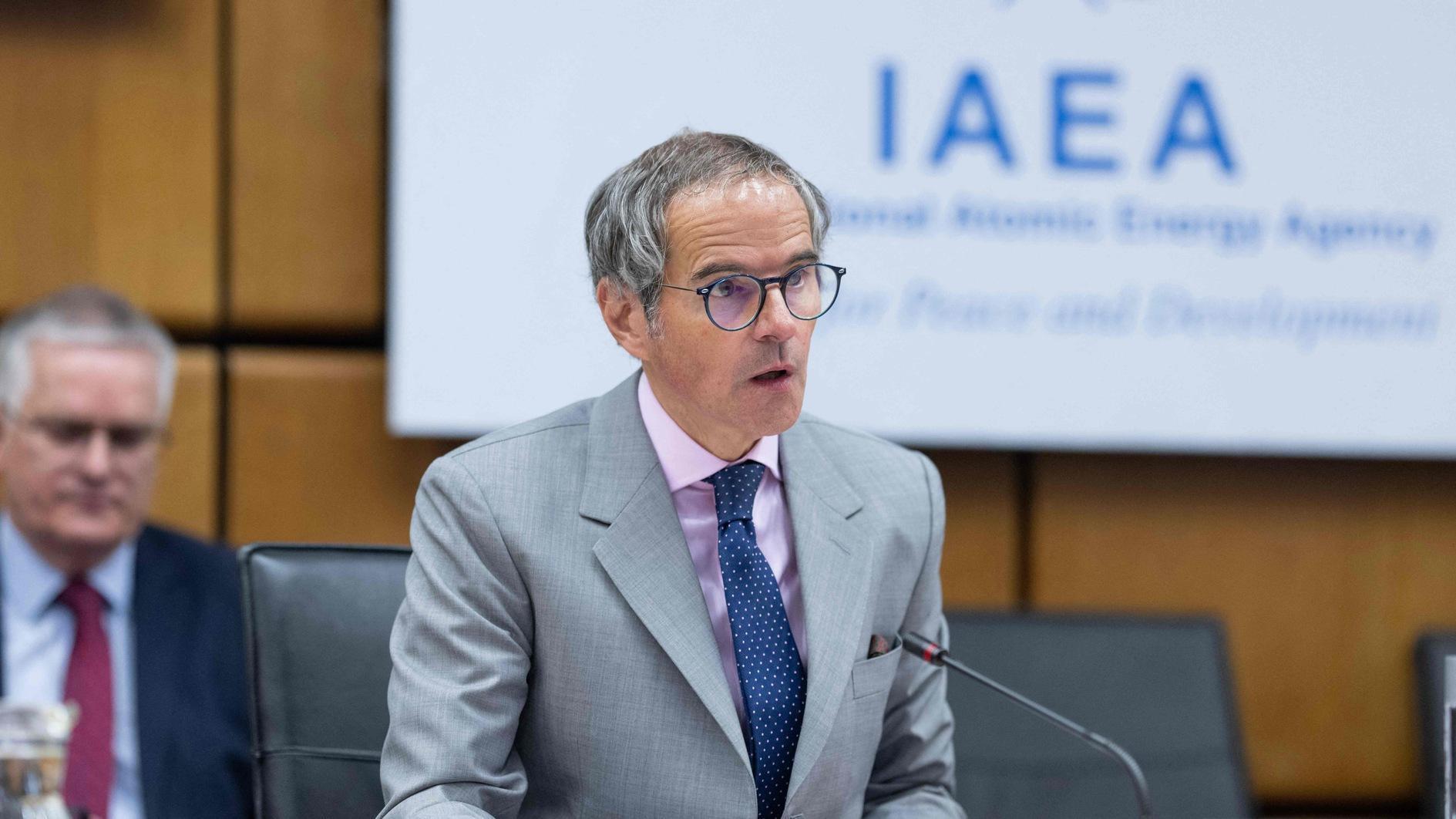‘Secularism and pluralism are incompatible with Islam’
It is not I who says that secularism and pluralism are incompatible with Islam. It comes from a qualified source. Namely from a well-known Islamic theologian and commentator who writes for the pro-government Yeni Şafak. I will give extensive excerpts from what Professor Hayrettin Karaman wrote in his column on May 25. I am solely to blame for any mistranslation:
“The concept of secularism corresponds to that area concerned with general worldliness, the human area in which Allah and religion do not interfere. Laicism on the other hand represents the political dimension within this. Therefore, whether it is laicism or secularism, they foresee such an area in essence where religion definitely does not interfere. If we come to Islam from this point, there is no private or general area in which religion under Islam does not interfere in. Those who say there is either do not know the matter, or know it but are misrepresenting it.”
Karaman claims that this interference does not mean taking control of people’s will or their personalities to force them into a certain direction. He explains this in the following manner: “Under Islam, man has freedom of will. Responsibility, heaven, hell, and tribulations these are all associated with this freedom of will. But in terms of legislating, showing the correct path, and validating rules there is no area that religion does not intervene in.”
He then adds that “in conclusion, secularism and laicism do not have aspects that are in harmony with or parallel to Islam” and says “it is not possible for these to come side by side.”
Karaman goes on to maintain that what exists in Islam “is not laicism or secularism but freedom of religion or thought.” It is clear, however, that he is not referring to a secular understanding of freedom of thought.
Karaman also concedes that “any instrument is acceptable under present conditions, when we are moving step by step toward Islam,” whether these come from Greek, Roman, American, European, or Enlightenment-age thought, or even from the church, or the synagogue “if these move us toward our aim.” He says “necessity legitimizes these instruments.”
Karaman then moves on to the concept of “pluralism” which he says is not compatible with their line of thought either. “At the bottom of pluralism lies the relativity and equality of right and wrong, of good and bad. This goes against the essence of Islam,” he says, adding:
“The system of pluralism gives freedom to diversity, but keeps preferences outside the domain of religious and ethical evaluation. Islam, on the other hand, gives people freedom of religion and conscience, but when this freedom is used to blaspheme, sin, or shame, it subjects these to a negative evaluation.”
To repeat what Karaman is saying in a nutshell, there is no room for secularism or laicism under Islam. As for freedom of thought and conscience, these are only valid within the rules of Islam. Anything outside that is blasphemy, and sin, which Islam will judge according to its rules.
Neither is there room for pluralism under Islam, which Islamists nevertheless argue is compatible with democracy. It boils down to a specific, not universal, understanding of democracy. What is not compatible with Islam according to this understanding is pluralistic democracy.
If one follows Karaman’s line of thinking right through, then a majoritarian understanding of democracy also has its limits for Islamists if the ballot box does not produce the necessary majority which will enable them to promote their religious outlook.
Thanks to Professor Karaman’s intellectual honesty, we see better why we much cling to a secular pluralistic democracy, which accommodates diversity, and which is capable of also including within its fold those who believe like Karaman, until, that is, such time as they start to tamper with the system in order to move into the domain of those who do not think like them.











